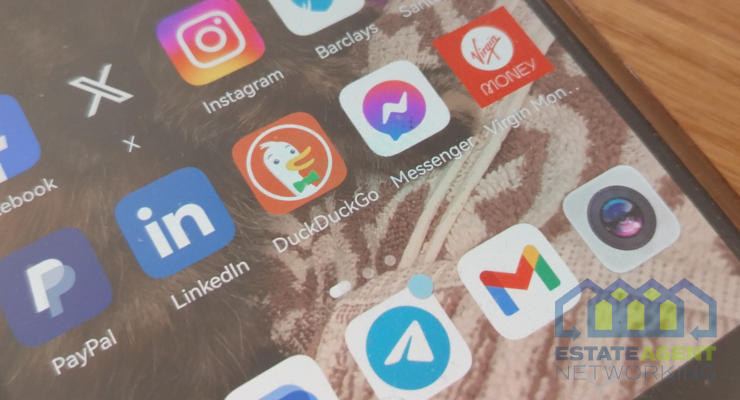Adapting To Compete With The Online Agent – Interactive Property Search Devices
On 19th May 2016, Miles Shipside of Rightmove announced to Future Property Tech conference attendees that online agents accounted for 5% of the market – a share doubled in the space of two years. A year on, it is hard to find a comparable statistic, but few would doubt the online sector’s sustained growth. It is easy to attribute the rise of the online agent to slashed fees – but this factor does not tell the full story. What’s more, it is of limited use to traditional estate agents who seek to compete but still have overheads to cover.
The popularity of online agents plays into a much wider narrative of consumer autonomy. In today’s digital marketplace, 82% of customers carry out online research before making a purchasing decision. If we are straight to Google on our smartphones when we want to buy new trainers, understandably online research plays a huge part in the milestone decisions that are buying, selling, renting or letting property. Fortunately for bricks-and-mortar estate agents however, studies also show that 38% of in-store visits are motivated by the desire to seek in-person professional advice. Crucially, online agents lack the local knowledge that comes with being part of a highstreet community. The modern consumer then has a conflicting desire for autonomy and counsel.
This balance is precisely where interactive property search devices come in. More and more estate agents are introducing interactive technology to their agencies – whether in the form of tablets, touchscreens or kiosks. In the most effective instances, these agencies are deploying bespoke property search apps on these platforms: smartly branded white label solutions.
In larger cities in particular, one would be forgiven for mistaking a new lettings agency for an Apple store. Look hard enough and you can find the timeless property brochures and light-pockets, but now also prospective buyers and vendors swiping away on tablets.
Someone passing on the highstreet might not have the time (or desire) to sit down formally with an agent; but they might spare a minute to do a quick search on a user-friendly kiosk. Any properties that catch their eye they can email to themselves, or capture using a beacon, to notify passers by. The very same action might notify the agency itself of their interest and provide valuable contact details. If nothing else, interactive search devices can be used as a marketing tool to build mailing lists, with a user’s search criteria informing an agency of the types of property ads they might like to receive.
Interactive property search devices are not a substitution for the act of sitting down with an estate agent. It’s not a case of an agent being replaced by a tablet or kiosk. The device itself is a sales tool for the agent.
Merely by getting people through the door, agencies are creating opportunities for conversation. Prospects might have a question for one of the team, or an agent might control the device themselves and assist with the search. These more casual interactions help nurture a consultative relationship that is proven to pay off more than a direct sales approach. Even those that come in, use the interactive search and leave, are still more tangible leads than those peering at displays in the window and never stepping foot inside.
For the traditional estate agent, the reality emerging in the past few years is that many prospects now simply prefer to property search at home on an iPad. How does the family-run agency compete? It’s not rocket science. They imitate. By recreating the environment modern-day consumers feel most comfortable in, footfall can and will return to the highstreet. Agents once used to giving formal consultations in an office behind a desk might find themselves in a tech-filled lounge area, making a prospect a cup of tea while they browse a tablet, but consumer habits change and the sales process has to adapt.
Too often a false opposition is maintained between the online estate agent and the traditional ie. ‘offline’ agency. Innovations in proptech, however, are blurring this distinction. Interactive property search devices are just one example of bricks-and-mortar agencies learning from digital developments and evolving on the highstreet to compete in a new consumer landscape.
Guest article by Lee Gannon, Marketing Executive at TrouDigital. TrouDigital are based in Southampton and work with estate agents around the UK to provide innovative property marketing solutions.









